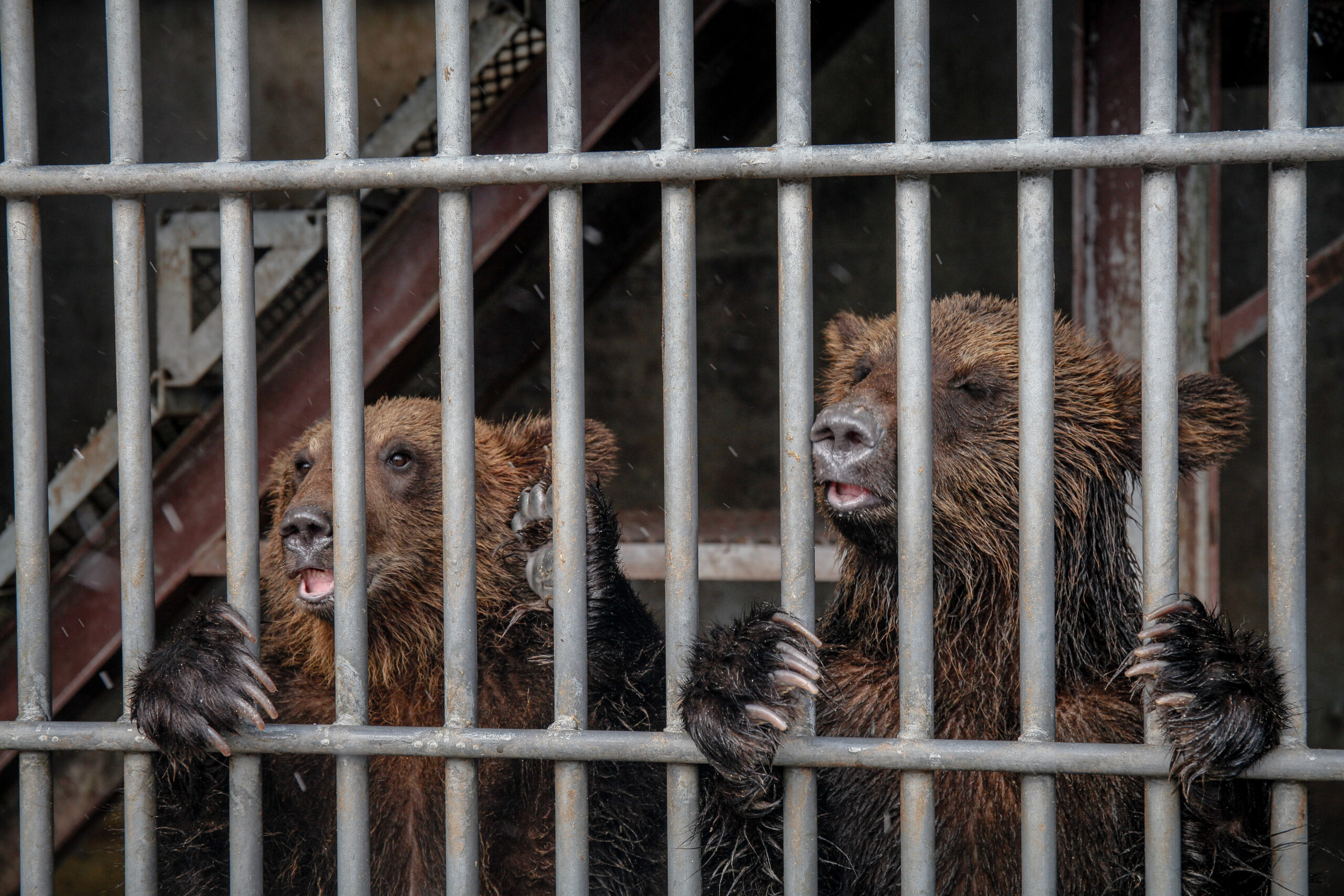Our team will present work in progress at the 4th General Conference on Organised Crime scheduled to take place in Pisa and online on 4-6 July 2022.
The conference is organised by the Standing Group on Organised Crime (SGOC) of the European Consortium for Political Research (ECPR) in collaboration with the Sant’Anna School of Advanced Studies, the Scuola Normale Superiore and the University of Pisa. This year the conference topic is Crossing territorial and disciplinary (b)orders: empirical, analytical and policy perspectives on organised crime.
Professor Rosaleen Duffy and a member of our Advisory Board, Professor Tanya Wyatt, will be part of a virtual roundtable that will discuss the links between environmental crime and illicit markets. The session is scheduled to take place on July 6th from 15:45.
Dr Teresa Lappe-Osthege and Dr George Iordachescu will present in person the paper ‘Green-collar crimes and the illegal wildlife trade in Europe’ as part of the panel Environment, illegal practice and resilience. The panel will take place on July 4th from 14:00.
Abstract
Illegal wildlife trade (IWT) is commonly identified as one of the drivers of global biodiversity loss, but as policy responses focus on law enforcement and organised crime, the role of legal entities can be overlooked. This focus obscures the ways that legal and illegal trade can be intertwined and oversimplifies important, but hidden, dynamics. Current debates and policies on IWT could be targeting the wrong actors, and generating the wrong solutions, leading to ineffective law enforcement strategies and conservation outcomes for wildlife. In this paper we will examine how the lens of green-collar crime can sharpen the focus of policy and enforcement initiatives by examining overlooked actors in IWT in Europe. We develop a new conceptual lens that brings together cutting-edge theories of political ecology and green criminology, and apply this to the European context to deconstruct the power dynamics and inequalities that underlie environmental harms caused by green-collar crime. We use the dynamics of illegal trade in brown bears, eels and songbirds as illustrative examples and consider three cross-cutting issues: consumption, uncertain scientific knowledge and legislative frameworks which shape the trade.
You can read more about the program here. If you want to register as an observer you can do so by Thursday 30 June.
